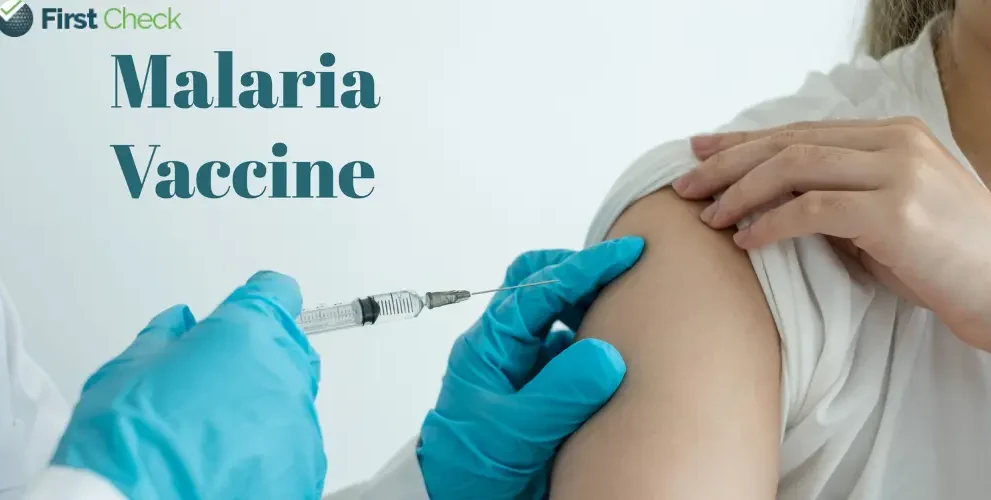The WHO's 2023 Results Report highlights the progress made in global health, particularly the malaria vaccine's impact, funding strategies, accomplishments, and ongoing challenges in fighting diseases worldwide.
The World Health Organization (WHO) released its 2023 Results Report, marking significant strides in global health advancement. Among the standout achievements is the impact of the RTS,S/AS01 malaria vaccine, which has benefitted over two million children, leading to a 13% reduction in mortality rates across Ghana, Kenya, and Malawi. Furthermore, another promising malaria vaccine, R21/Matrix-M, is set to help even more.
Released on May 7, preceding the 2024 World Health Assembly, the report provides insights into WHO's budget for 2022–2023, amounting to $6.7 billion. It delves into the achievements and challenges from 174 country reports.
The report was released ahead of the 2024 Seventy-seventh World Health Assembly, scheduled from May 27 to June 1, 2024.
Notably, 14 countries successfully eliminated at least one neglected tropical disease, with Bangladesh triumphantly eradicating two. Additionally, progress has been made in treating drug-resistant tuberculosis and in initiatives to combat HIV transmission.
WHO's efforts to reduce trans fats and tobacco use are paying off. Many countries are also gearing up to fight antimicrobial resistance, and more are vaccinating against human papillomavirus (HPV).
Dr. Tedros Adhanom Ghebreyesus, WHO Director-General, cautions that current efforts are falling short of meeting most health goals. However, he believes focused action at the country level can make a big difference.
“The world is off track to reach most of the triple billion targets and the health-related Sustainable Development Goals,” said Dr Tedros. “However, with concrete and concerted action to accelerate progress, we could still achieve a substantial subset of them. Our goal is to invest even more resources where they matter most—at the country level—while ensuring sustainable and flexible financing to support our mission.”
The report highlights the need to improve emergency protection, especially vaccination coverage after COVID-19 disruptions. The Pandemic Fund gave $338 million in 2023 to help countries respond to health crises.
“Member States have shown commitment to sustainable financing for WHO, adopting a path to increase assessed contributions to 50% of the base budget of the originally approved Programme Budget 2022-2023 by the biennium 2030–2031. Another element of sustainable financing is the Investment Round, which WHO will launch at WHA77, to secure resources for WHO’s core work for the next 4 years (2025-2028),” the report said.
The report outlines WHO's unwavering dedication to enhance laboratory and surveillance systems to effectively combat emerging health threats.
“WHO will work with existing and new donors and other partners, through an inclusive engagement process that will culminate in a high-level financing event in the fourth quarter of 2024.”
Read more: World Malaria Day 2024 Crossword!


